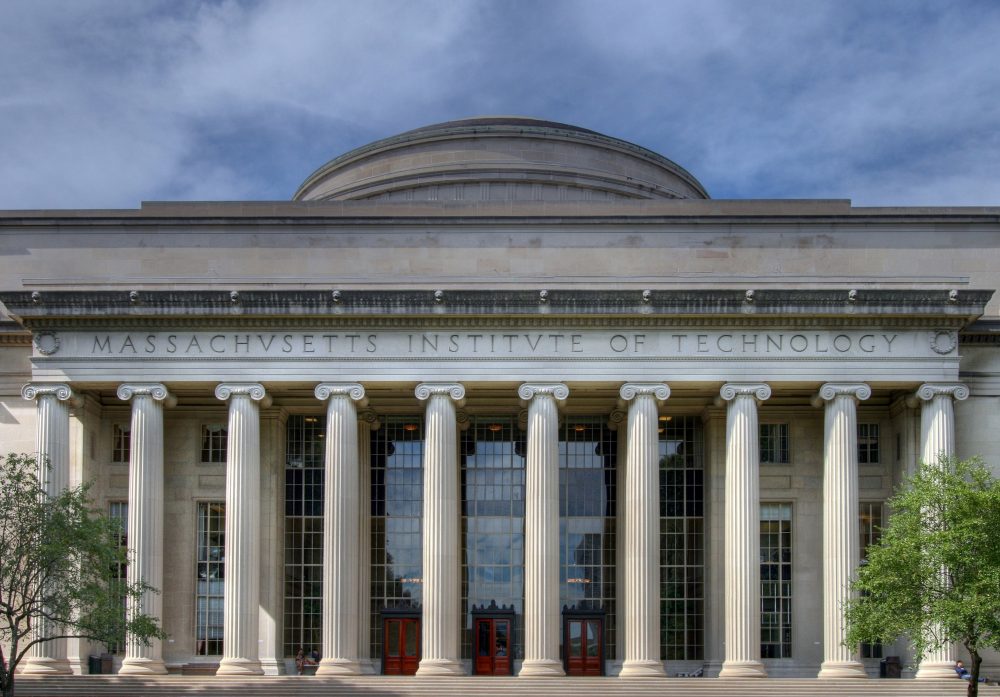The growth of smart technology is fundamentally reshaping urban systems and planning. Through the expansion of wireless networks, interactive surveillance systems, autonomous vehicles, and reactive environmental infrastructure, cities are further attached to a new form of tech management.
Reported by MIT Press, the Massachusetts Institute of Technology is launching a new Urban Science major in response to the convergence of urbanism and technology in planning. The new major will be a collaboration, and administered, by the Department of Electrical Engineering and Computer Science and the Department of Urban Studies and Planning.
According to Wired, the direction of the new major is in line with preexisting Urban Informatics and Spatial Science programs found at institutions such as New York University and Carnegie Mellon. In a statement, Urban Studies and Planning Department head Eran Ben-Joseph views the creation of the major as creating “important and unique opportunities for MIT students to engage deeply in developing the knowledge, skills, and attitudes to be more effective scientists, planners, and policy makers.”
MIT’s new initiative is not the Boston-area’s first foray into smart-city technology. The under construction 1,500-acre Union Point, located 12 miles south of Boston, is a sprawling private development that will serve as a testing ground for smart-city urbanism. Companies located within the development will be able to install sensors collecting data ranging from building performance and usage to surrounding air quality.
While Union Point is an outlier within the smart-city trend due to its size and private ownership, the project remains a model for the extensive degree of data collection found in new developments. The role of MIT’s Urban Science program will be to collect, analyze and process this data to improve the urban condition.
